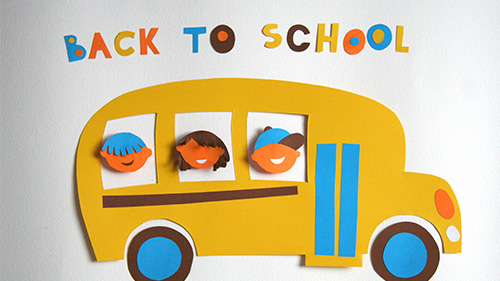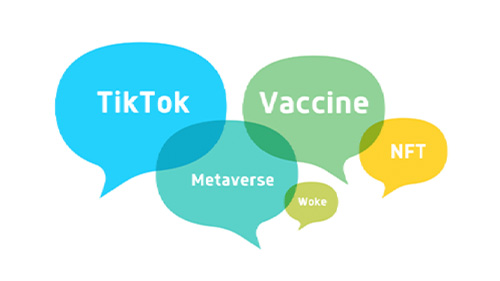Top 3 Tips: Setting Your School Year Up for Success
For students, the back-to-school checklist mainly consists of the standard list of supplies, the requisite instructional materials, and maybe a new...
AP & Honors Mathematics
Explore Wiley titles to support both AP and Honors mathematics instruction.
Literacy Skills & Intensive Reading
Connections: Reading – Grades 6–12
Empower student success with a proven intensive reading program that develops strong reading skills in striving readers.
Drama, Speech & Debate
Basic Drama Projects 10th Edition
Build students’ confidence and competence with comprehensive, project-based theatre instruction.
Literature
Connections: Literature
Support learners as they study dynamic, relevant texts and bring the richness of diverse voices to students through literature.
Literature & Thought
Develop critical thinking, reading, and writing across literacy themes, genres, historical eras, and current events.
Language Arts
Vocabu-Lit® – Grades 6–12
Help students build word power using high-quality contemporary and classic literature, nonfiction, essays, and more.
Connections: Writing & Language
Help students develop grammar, usage, mechanics, vocabulary, spelling, and writing and editing skills.
Reading/English Language Arts
Measuring Up to the English Language Arts Standards
Incorporate standards-driven teaching strategies to complement your ELA curriculum.
English Language Learners
Measuring Up for English Language Learners
Incorporate research-based best practices for ELLs with an approach that includes a focus on language acquisition strategies.
Mathematics
Measuring Up to the Mathematics Standards
Incorporate standards-driven teaching strategies to complement your mathematics curriculum.
Foundations
Measuring Up Foundations
Help students master foundational math skills that are critical for students to find academic success.
Science
Measuring Up to the Next Generation Science Standards
Give students comprehensive NGSS coverage while targeting instruction and providing rigorous standards practice.
Assessment
Measuring Up Live
Deliver innovative assessment and practice technology designed to offer data-driven instructional support.
For a better website experience, please confirm you are in:
This will be my 12th year teaching high school ELA, and you could say I’ve learned a few things that I wished I knew going into year one. One thing is clear about 12 years: there are going to be fun and easy years and there are going to be hard and challenging years. And I honestly can’t say why they vary so much sometimes. The key is to hold on and set a goal for yourself to thrive at something new, challenge your students in a new way, and keep the faith that you are a teacher for a reason.
In no particular order, here are my top tips for staying cool, calm, and collected as you start your teaching journey!
Jennifer Epping is a high school English and journalism teacher in Des Moines, Iowa. She has a passion for reading, writing, and making lame jokes to her students just to see them laugh or roll their eyes. She just concluded her ninth year teaching. Epping graduated from Iowa State University with a BS in journalism and mass communication (2010) and BA in English Education (2013). She attended New York University’s Summer Publishing Institute (2010), and spent some time in children’s book publishing in New York.

For students, the back-to-school checklist mainly consists of the standard list of supplies, the requisite instructional materials, and maybe a new...

School leaders in today’s educational environment recognize that the school year does not begin on the first day of classes. It starts with careful...

The middle of the school year is a unique crossroads for AP Social Studies teachers. The initial enthusiasm of fall has faded, the intensity of...

The summer break is winding down, and soon you'll be setting up your classroom for another year of learning adventures. Whether you're a first-year...

It’s December. You’re tired. You are fairly certain that you cannot lead another discussion about—or design another activity around—something like...

As winter break approaches, classrooms across the country buzz with excitement—and a fair amount of distraction. December is a notoriously tricky...

Spring is in the air, and school children all across the nation are entering the last leg of the academic year. But before the final bell rings, many...

Educational studies have proven time and time again that learning loss is a real phenomenon.

It’s that time! The school year is beginning and you’re ready to welcome up to 180 new learners into your classroom. Whether you’re in your first...

It's almost the end of the school year! With the exam behind you and your students, take a moment in class to reflect on this past year (while giving...

We’re celebrating Earth Day (April 22) a little early this year by dedicating the month of April to some of our favorite books that bring the...

The test is over! Your students feel much better and relieved now that the exam is over. Score releases are in the distant future. You feel relieved...

